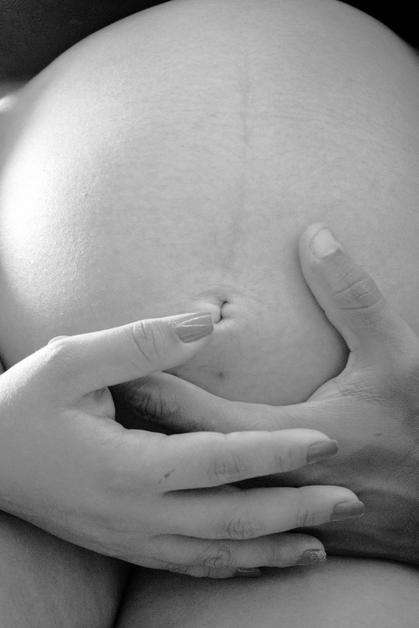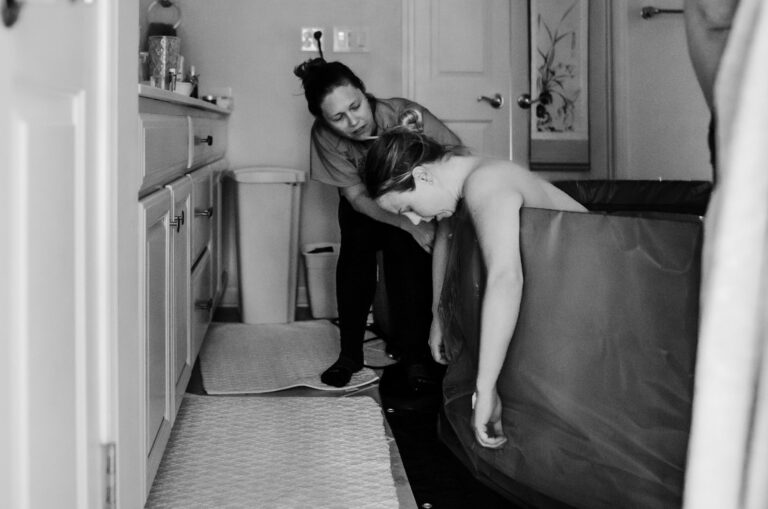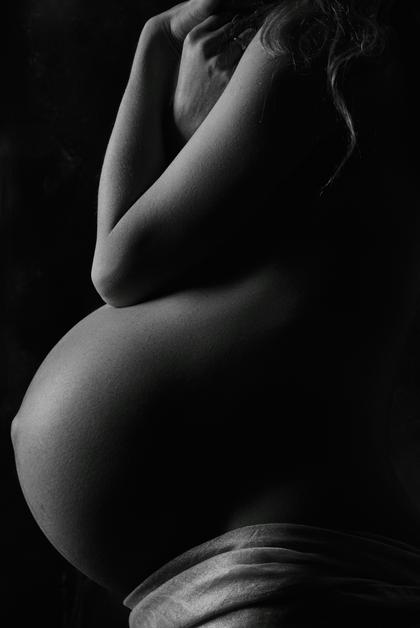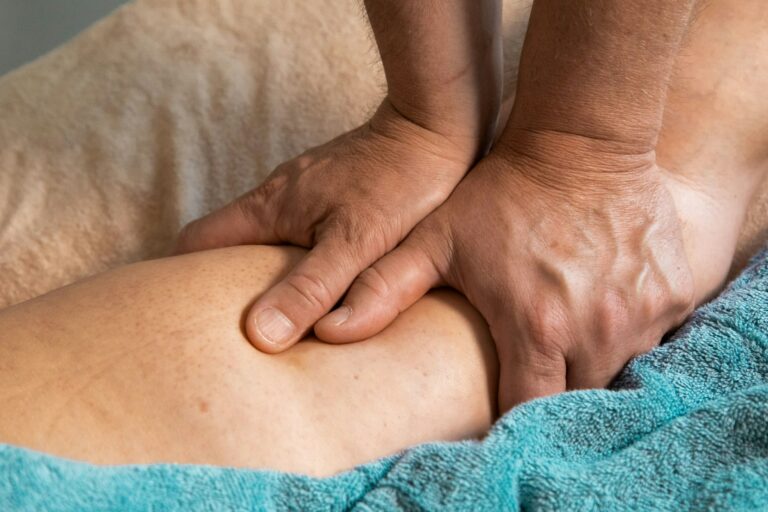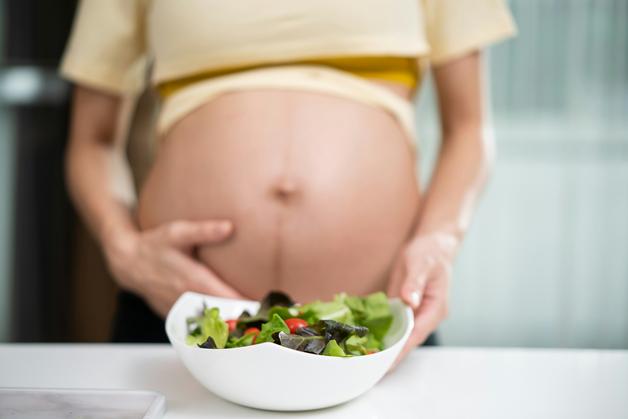You might be hearing all around about the babymoon—that almost magical pause before the whirlwind of parenthood begins. Parents, perhaps you’re searching for that delicate balance: a getaway, yet not one that places you or your baby at unnecessary risk; relaxation, but not at the cost of missing important health check-ups; closeness, but with the looming question, “Is this truly safe for us?” The babymoon brings together wellness, togetherness, and anticipation in a way both uplifting and practical. Let’s unravel how you can transform this important transition into a time of joy, bonding, and mindful preparation, blending medical advice with moments that strengthen your family bond.
Babymoon: Meaning, Science, and Emotional Resonance
The phrase babymoon might initially sound whimsical—“baby” meeting “honeymoon”—but its impact stretches far beyond. Medical research underlines the hidden effects of stress during pregnancy: elevated cortisol may subtly weaken maternal immunity, invite mood changes, and even alter fetal development patterns. Now, imagine counterbalancing this: you, alongside your partner, sharing calm mornings by serene waters (think gentle lagoons, tranquil beaches, or nestled within scenic mountains), all while the hectic world quiets down.
Traditionally, a babymoon represents the last shared adventure as a duo—before every meal, nap, and sunrise is defined by a newborn’s rhythm. Modern parenthood, with its relentless schedules and digital overload, amplifies the need for such moments. Have you wondered why babymoon popularity seems to rise year by year? It’s more than trend; it’s a mindful decision based on real psychological and physical need. Studies support the value: time spent in a nurturing, stress-free environment may boost maternal wellbeing, stabilise emotions, and provide partners the chance to nurture intimacy. Far from a luxury, this getaway is a practical foundation for a healthy pregnancy and robust couple dynamics.
When Is the Best Time for a Babymoon?
You’re already tracking appointments, ultrasounds, blood tests—so when exactly is it best to plan that babymoon? Each trimester brings its own script.
- First Trimester: Fatigue, queasiness, and frequent check-ups dominate. Short, local escapes—perhaps even a weekend staycation with gentle walks and pampering spa sessions—feel wise. Long journeys? Perhaps not just yet.
- Second Trimester (14-27 weeks): The golden window. Energy surges, morning sickness recedes, and travel feels infinitely more comfortable. Lower miscarriage risks and manageable bump sizes make this period not just ideal, but often recommended by obstetricians. Many see this as the perfect opportunity: want to stroll through a city’s old streets or enjoy yoga on the beach? This is your sweet spot.
- Third Trimester: Antenatal appointments intensify, along with possible contractions or concerns like pre-eclampsia, a hypertensive disorder requiring attentive monitoring. Short, meticulously organized trips close to your trusted hospital or healthcare team are acceptable, but distant adventures lose their appeal. Always discuss with your health provider.
A quick note—plan around routine appointments, ensure you’re up to date with scans and lab work, and leave a comfortable buffer for sudden needs.
How to Choose Your Babymoon Destination: Science Meets Serenity
Picking a babymoon location isn’t all about glossy photos; it’s a considered decision blending comfort, safety, and a dash of daydreaming. Your body, adjusting to pregnancy’s shifting tides, is more sensitive to heat, dehydration, and exhaustion.
Here are a few fundamentals to enhance your experience:
- Seek tranquil environments—the quieter the place, the better for both maternal heart health and baby’s developing rhythms.
- Choose nature: exposure to greenery or gentle water bodies increases serotonin, the “feel-good” hormone, and supports fetal oxygenation.
- Favour a moderate climate; steer clear of sweltering humidity, biting cold, or high altitudes—physiologically, the body tolerates temperature swings and lower oxygen less gracefully during pregnancy.
- Spa resorts with pregnancy-friendly treatments become sanctuaries—they offer prenatal massages, hydrotherapy designed for swollen feet, and tailored wellness menus.
Sample ideas: a restful beach along transparent lagoons, hill retreats wrapped in sweet jasmine-scented air, or boutique hotels next to peaceful lakes. International destinations such as Santorini, Maldives, Bali, or Banff appear frequently in wish lists. Domestically, perhaps a riverside hideout, gentle hill station, or an eco-resort that’s not too far from robust medical facilities.
Warning bells: Avoid disease-prone regions (think Zika or malaria) and places with frail healthcare access. No destination is worth risking maternal or fetal health.
At-home Babymoon or Staycation: Joy in Familiar Places
Who said a babymoon always requires a boarding pass? If you’re drawn to coziness, transform your home: scented baths, a pile of favourite books, nourishing food, and a house filled with laughter. Local boutique resorts and a couple’s massage next door can become oases of calm. Sometimes, the simplest settings—watching rain, baking together, or a sunrise drive—deliver the sweetest memories.
Gentle Activities for a Meaningful Babymoon
Now, the big question: What to actually do on your babymoon? Pregnancy shifts your thresholds—what soothes one day may overwhelm the next. Think carefully about your energy and always listen to your body.
- Try prenatal spa treatments: specifically gentle massages focusing on lower back, calves, or neck. Ensure your practitioner is certified in antenatal care.
- Meditation, deep breathing, and prenatal yoga—these practices are more than buzzwords; they’re evidence-backed techniques reducing maternal anxiety and boosting quality sleep.
- Very light walks—whether in curated gardens or slow-moving villages—support blood flow, help prevent swelling and reduce risk of thrombosis.
- Food: Yes, maybe try that local delicacy, but skip anything uncooked, unpasteurised, or sitting out for long. Foodborne infections (think listeria or salmonella) are rare but dangerous in pregnancy.
- Enjoy cultural activities—museum visits, gentle workshops, or leisurely markets—the aim is gentle novelty, not exhaustion.
Skip intense sports, adventure activities, and especially hot tubs or saunas—excess heat can dangerously raise your body temperature.
Practical Planning: Packing, Health Protocols, and Budget Wisdom
There’s joy in spontaneity, but with pregnancy comes a need for some thoughtful preparation. Start with comfortable, climate-appropriate clothes—think loose cotton, not restrictive fabrics. Add in compression socks for flight or car journeys longer than 2 hours; less risk for deep vein thrombosis (blood clots) which, while rare, calls for specific prevention during pregnancy.
A well-stocked first-aid pouch—paracetamol (doctor-approved dose), safe antacids, antiseptic wipes, and your regular supplements—prevents small issues from derailing your trip. Hydration takes top priority (mild dehydration can trigger contraction-like cramps) and always know where the nearest pharmacy or clinic is located. Share your route and stay details with a close friend or family member. And as a golden rule: avoid solo travel in late pregnancy.
Regarding finances, the babymoon need not drain savings. Plenty of lush memories flourish in off-season escapes or local resorts offering pregnancy packages. Prioritise wellness—nature, peace, comfort—over luxury shopping or elaborate itineraries. Meaningful conversations, laughter, and mindful presence often hold more lasting value than exotic souvenirs.
Medical Safety and Preparing for the Unexpected
Before finalising your babymoon, a visit to your doctor is essential. Double-check your fitness to travel; ask about red flags (for example, sudden swelling, persistent headaches, blurred vision—possible signs of hypertensive disorders). Carry a folder with your latest reports, scans, blood type, and GP contacts.
Don’t overlook comprehensive travel insurance: some policies exclude pregnancy-related risks, while others cover everything from emergency C-section to neonatal care. Book your trip around key check-ups, and keep medications and essential supplements handy.
The Emotional Impact: Memories That Last, Joy That Sustains
Long after tiny socks fill your laundry and lullabies echo through your home, the babymoon lingers—a chapter of partnership, honest discussion, shared meals and wild anticipation. Couples often remember little details: a wander through dewy gardens, a silly joke at breakfast, long talks about dreams and worries. These moments lay the emotional groundwork—research shows that supported, connected parents face early challenges with greater calm and flexibility.
Capture these memories: a journal, perhaps, writing letters to your future child, or even a simple gallery of candid photos. Protect your time—resist pressure to overbook or constantly check messages. The babymoon is about presence, intention, and welcoming change with open arms.
Key Takeaways
- Babymoon isn’t about extravagance—it’s a conscious pause embracing relaxation, reconnection, and gentle preparation for family life.
- Second trimester travels strike the best balance between comfort and medical safety; plan your trip after syncing schedules with antenatal visits.
- Select destinations that favour peace, access to quality healthcare, and comfort. Nature, gentle wellness, and clean environments bring more value than distant, risk-laden getaways.
- Opt for gentle, nurturing activities, and use simple preventive measures like compression socks, first aid kits, and hydration to keep mother and baby healthy.
- Always speak to your doctor regarding travel safety, pack your medical file, and choose insurance that covers pregnancy.
- Simple joys often outweigh expensive adventures.
- For ongoing support, knowledge, and to access personalised advice plus free child health questionnaires, consider downloading the application Heloa.
Questions Parents Ask
What is the main purpose of a babymoon?
The babymoon is a dedicated chance for soon-to-be parents to rest, enjoy each other’s company, and slow down before daily routines are transformed by a baby. People often seek calm, soothing locations, aiming for emotional comfort and creating memories that become anchors during the busy newborn phase.
Is the concept of babymoon a new trend or does it have older roots?
While babymoon holidays have gained popularity in recent years due to increased focus on maternal well-being, there is no clear-cut historical link. The idea resonates with modern awareness of mental health and connection, prompting expecting couples to create their own moments of shared anticipation.
What are some creative babymoon activities if travel isn’t feasible?
A babymoon can be meaningful whether far from home, or right in your living room. Options include capturing pregnancy with a photo shoot, planning a spa day with prenatal focus, decorating the nursery, or compiling a keepsake journal. Sometimes, writing letters to your newborn or practising prenatal yoga together reveal the simple joys of expecting.
Are there medical considerations during a babymoon that parents commonly forget?
Yes—pregnancy changes reaction to climate, altitude, and certain foods. Many don’t realise the importance of keeping well hydrated, wearing compression socks for long journeys, or maintaining up-to-date records and scans in case medical assistance is needed. Always carry contact information for healthcare providers, especially if going outside familiar regions.
Is it necessary to avoid all adventure or activity during a babymoon?
Not always—gentle walks, guided cultural outings, or even calm swimming in safe environments are excellent. The focus should be on low-risk activities that prevent overheating or falls, and skip anything causing physical strain or anxiety. Trust your instincts and consult your doctor if unsure.
How can parents make a babymoon fit a tight budget?
Choose staycations, off-season travel, or short getaways to accessible local destinations. Prioritise nature, rest, and mindful moments rather than elaborate or expensive excursions. Look for special deals at hotels or resorts, and remember that often, the richness of your babymoon lies in attentive presence—not price tags.
What documents or preparations are advisable before heading out for a babymoon?
Ensure medical paperwork, prescriptions, supplement lists, and recent test results are at hand. Check insurance details thoroughly. Share travel plans and contacts with loved ones, and always know where the nearest healthcare facility is. Preparedness eases anxieties and lets you focus on what truly matters—enjoying your babymoon.




